Airbnb is reshaping itself for a fast-changing future
Airbnb co-founder Brian Chesky on a ‘huge travel rebound’ and the company’s ‘150 upgrades and innovations’ in the face of a changing world
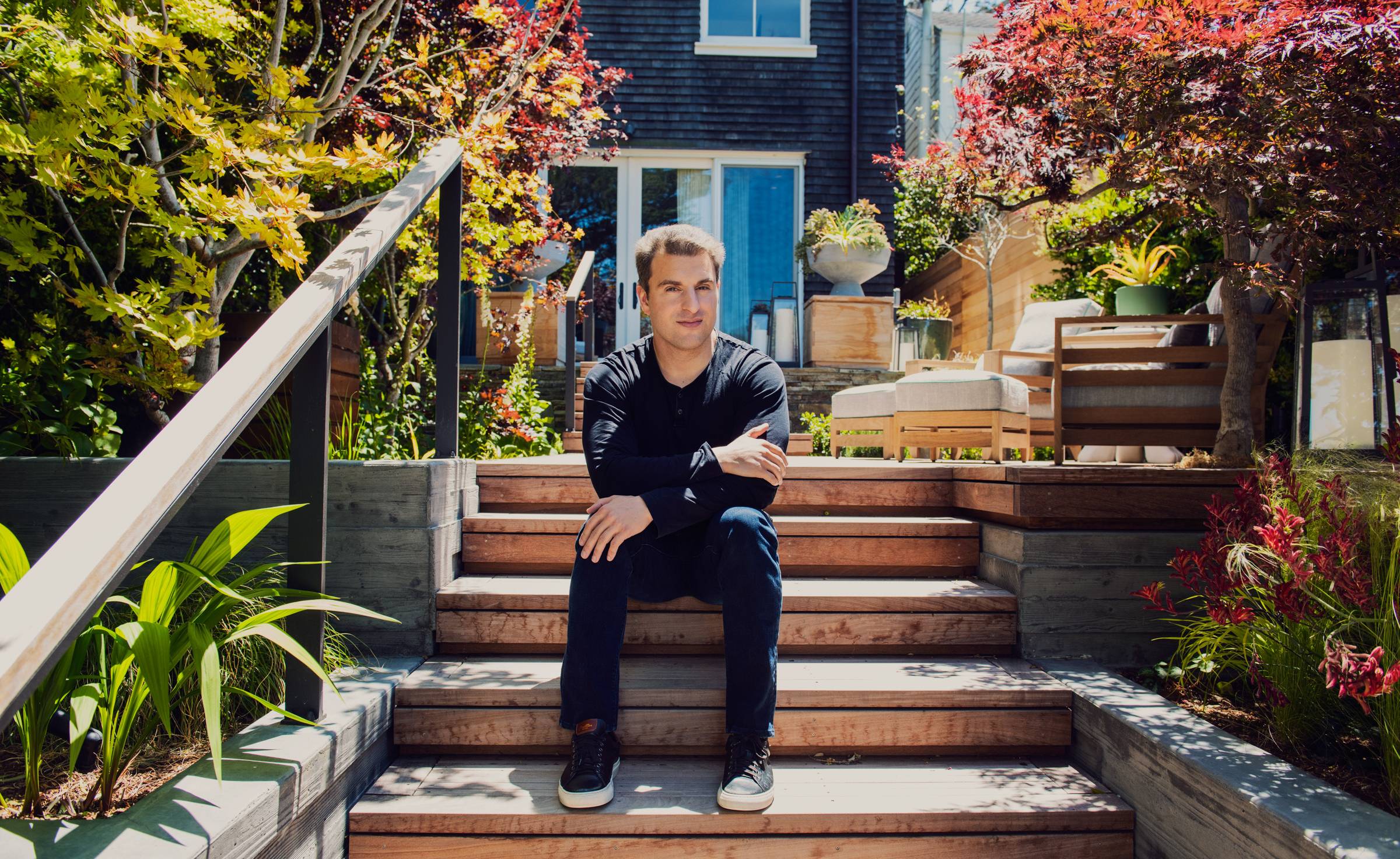
Brian Chesky, Joe Gebbia and Nathan Blecharczyk founded Airbnb in 2008. Since then, the company has become one of Silicon Valley’s most notable success stories, a paradigm-shifting business that experienced exponential growth throughout the next decade. The company’s billion-dollar valuation was seriously dented by the pandemic, with bookings declining by nearly 80 per cent as travel ground to a halt. With the tentative return to a different kind of normality, the company is looking to leverage the platform and network it has built.
Recent platform upgrades have improved the depth of information and the quality of translation and other elements. As well as new search categories – like ‘ski-in, ski-out’, ‘off the grid’, ‘offbeat’, and ‘luxe’ (which supplements the company’s existing curated ‘luxury’ offerings) – there are new review systems for a property’s accessibility and Wi-Fi speed, as well as the ability to search up to a year in advance.
We spoke to Brian Chesky about what’s new and why, and how his original aspirations for the company are finally coming to fruition.
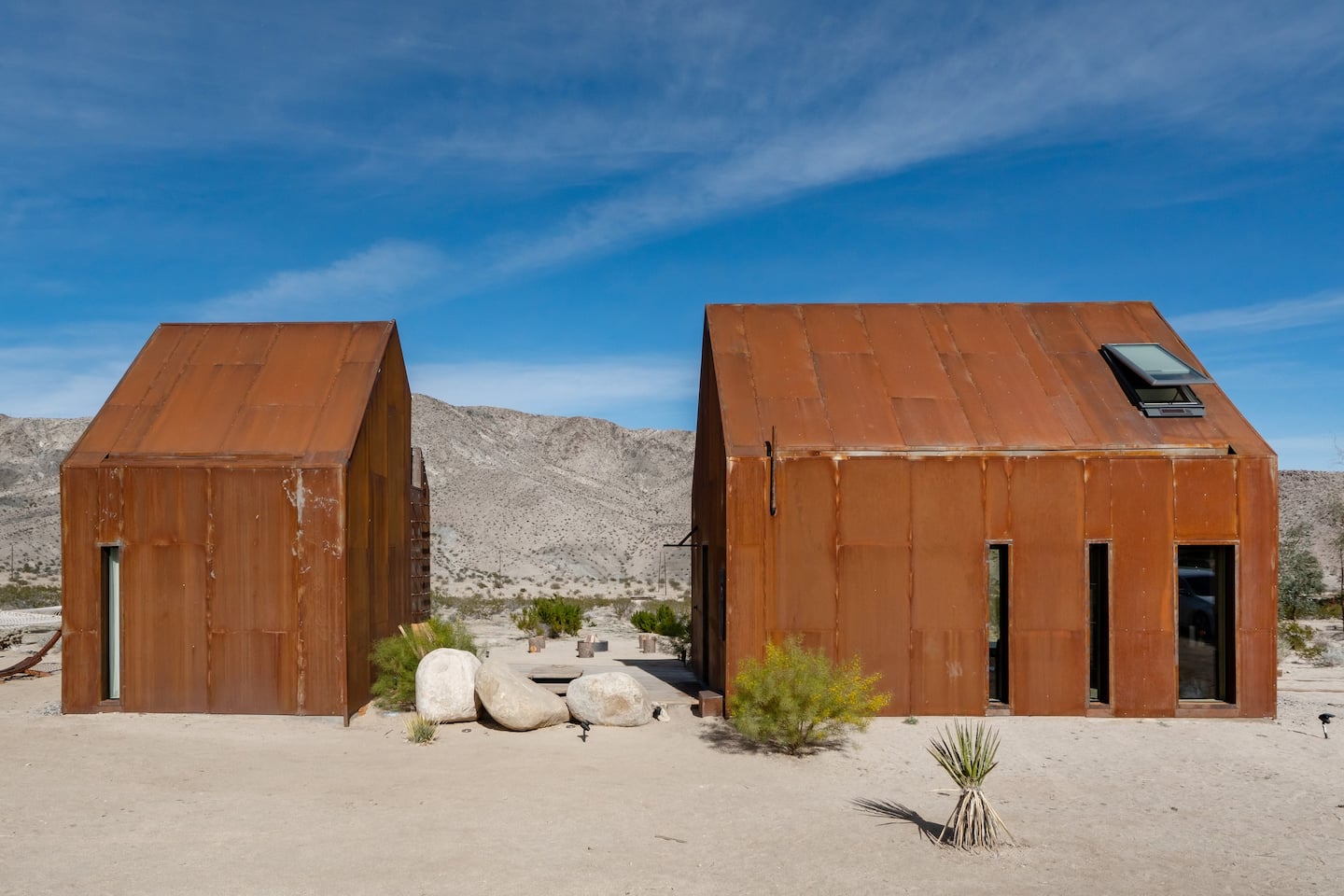
Go off grid – The Architect's Stargazing Cabin in Twentynine Palms, CA
Wallpaper*: Where is Airbnb at the moment?
Brian Chesky: Where are we at right now? Last year we had to get really, really focused when the crisis hit. We had to rebuild the company from the ground up and went public [in December 2020]. We came back this year and realised there's this huge travel rebound. Our goal was to perfect our core service, and we’ve done that through two big platform releases, with a total of 150 upgrades and innovations.
W*: What sort of thing have you been looking at?
BC: We have AirCover insurance now, which gives hosts a massive amount of protection and confidence. But the upgrades are also a design-driven approach. We want to design for the changing world and we're trying to obsess over every little detail of the product.
W*: What are the changing trends you’ve seen this year?
BC: A lot of people are living and working out of Airbnbs. They need to know they’ll get good Wi-Fi, so our new Verified Wi-Fi service helps them, for example.
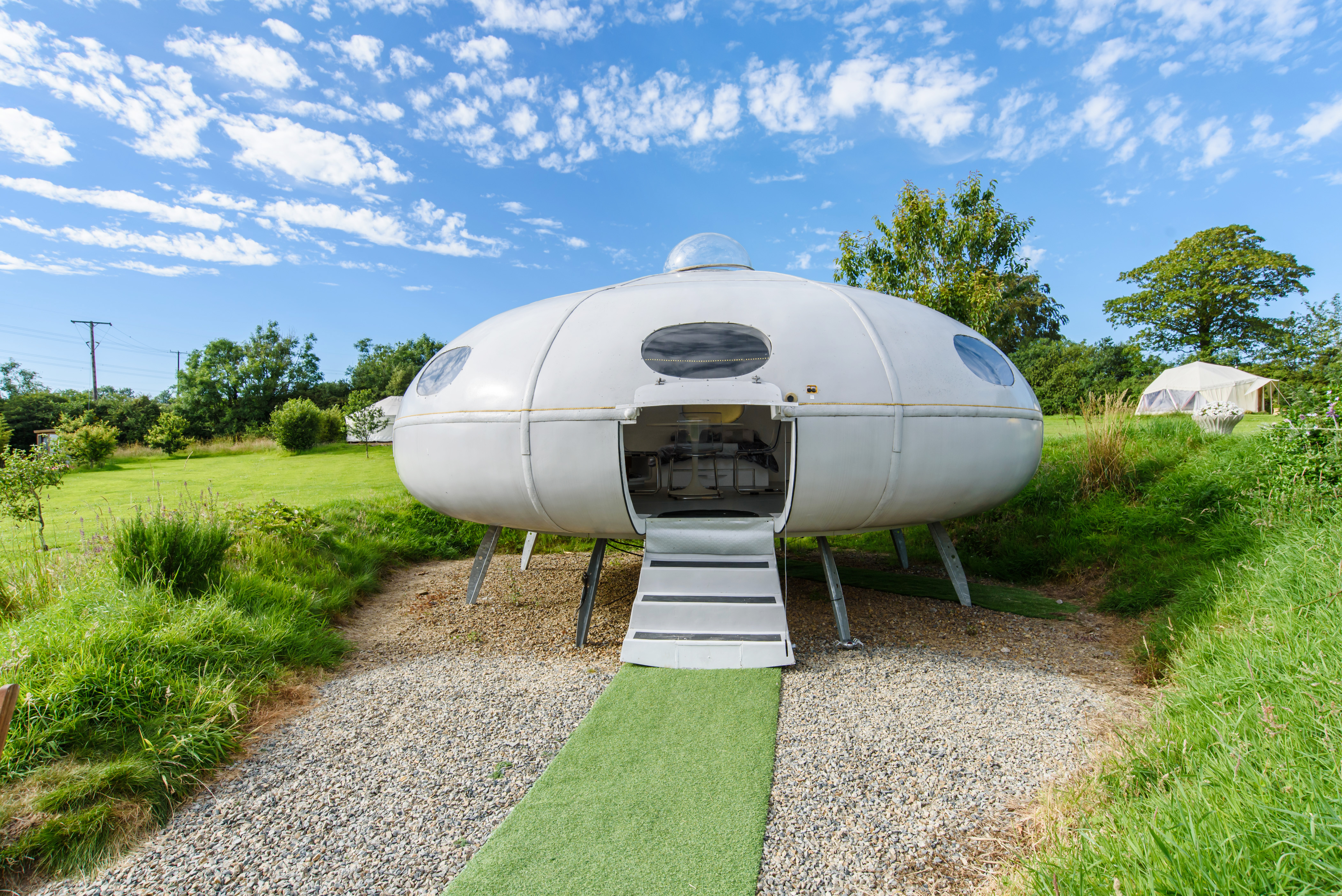
The UFO house in Redberth, Pembrokeshire, UK, an homage to Matti Suurinen's Futuro House
W*: Do you see an opportunity to capture a more nomadic lifestyle?
BC: Before the pandemic, I think things were really compartmentalised. Our house was a place we lived. An office was a place we went to, often by car, to work in. The pandemic took three spaces and made it one. So yes, short-term housing, long-term housing, and co-working are all starting to blur together because people’s modalities are blurring together.
Receive our daily digest of inspiration, escapism and design stories from around the world direct to your inbox.
W*: Has that had an impact on the kind of places that are listed on Airbnb?
BC: Oh, totally. Before the pandemic a lot of our business was in cities. Now the majority of business is outside of cities. And larger homes are being booked, because a lot of people are staying longer and they're travelling with their entire family, their pets, or cohabiting with friends. One in five stays booked is for a month or longer. People think of Airbnb as a travel website, but a fifth of our business is not people travelling, but people living. When people can live anywhere it changes things.
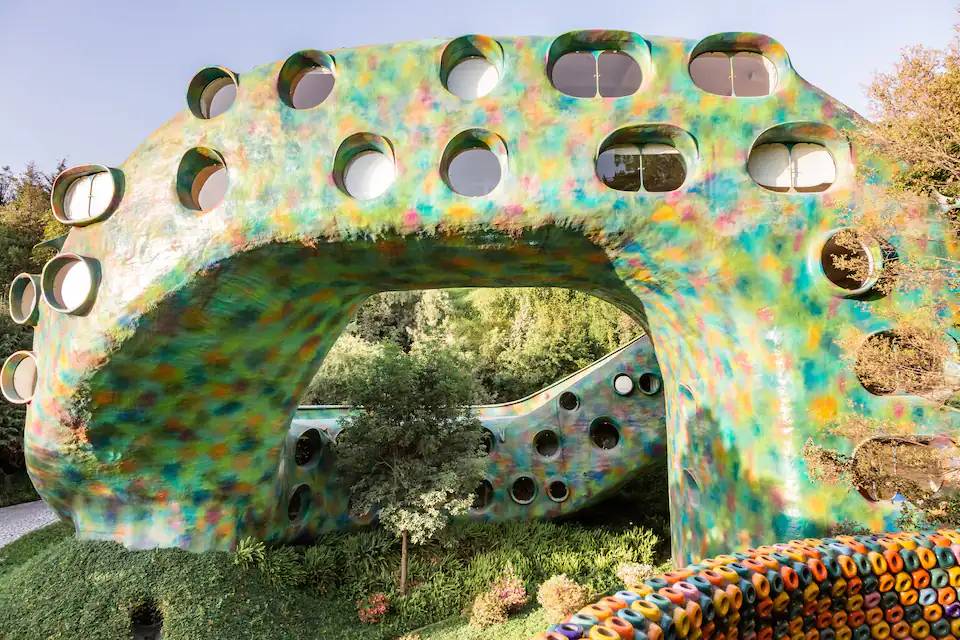
An offbeat choice: Quetzalcoatl's Nest, Naucalpan de Juárez, Mexico
W*: How can you capitalise on that shift?
BC: The 150 upgrades are a start. For example, AirCover includes protection against pet damage because a lot of people are travelling with pets. We’ve verified 25,000 homes for accessibility. We introduced the ‘I’m flexible’ option on the home page – it’s been used over 500 million times already.
W*: Has the number of properties on your books gone up or down significantly?
BC: It's been going up steadily. When the pandemic hit, a lot of people got out of the business – there were some hosts who decided they didn’t want to list, at least temporarily. But today we have nearly six million listings, more than ever.
W*: How has Airbnb opened you up to the world of interior design and different tastes and styles?
BC: When we started Airbnb, there was only Craigslist [a classified ads site], where you could only have four small photos. They were typically very poorly lit and gloomy. Sites like that were purely competing on price. What Airbnb did was help bring design to the category. There were nicely designed hotels, but there wasn't really any personality. But people love homes, they’re a wonderful expression of a person's life. There is good and bad design, but it's hard to judge people's personal taste. It's just their life and I find it endlessly interesting.
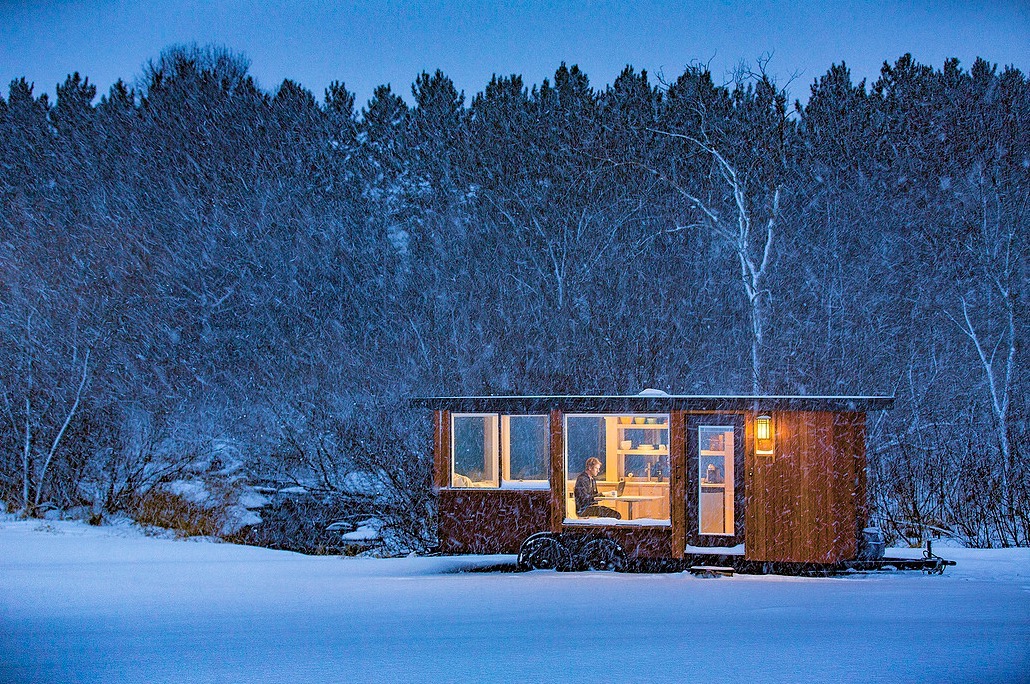
Go off grid – The Glass House, Marlboro, NY
W*: Do you have a design background?
BC: I went to Rhode Island School of Design, 20 years ago. I was a very middle-class person, not from the exclusive elite world of design or art galleries. I always thought of art and design as something that should speak to everyone. Design was something that should reach as many people as possible, and the best design is contagious. Once people see something that’s well designed it’s hard to unsee. A lot of industries have done this. Back in the 1990s, people weren’t necessarily asking for computers to be better designed before Apple devices came out.
W*: Did this approach inform Airbnb at the beginning?
BC: When I got to Silicon Valley, a lot of people thought design was purely about how something looks, a pretty container. However, I always believed that design is about how something fundamentally works, a way of thinking through a problem, understanding a context or behaviour. The story of Airbnb is very much a design story. What we’ve done is a top to bottom upgrade of a software service released as if it is a piece of hardware.
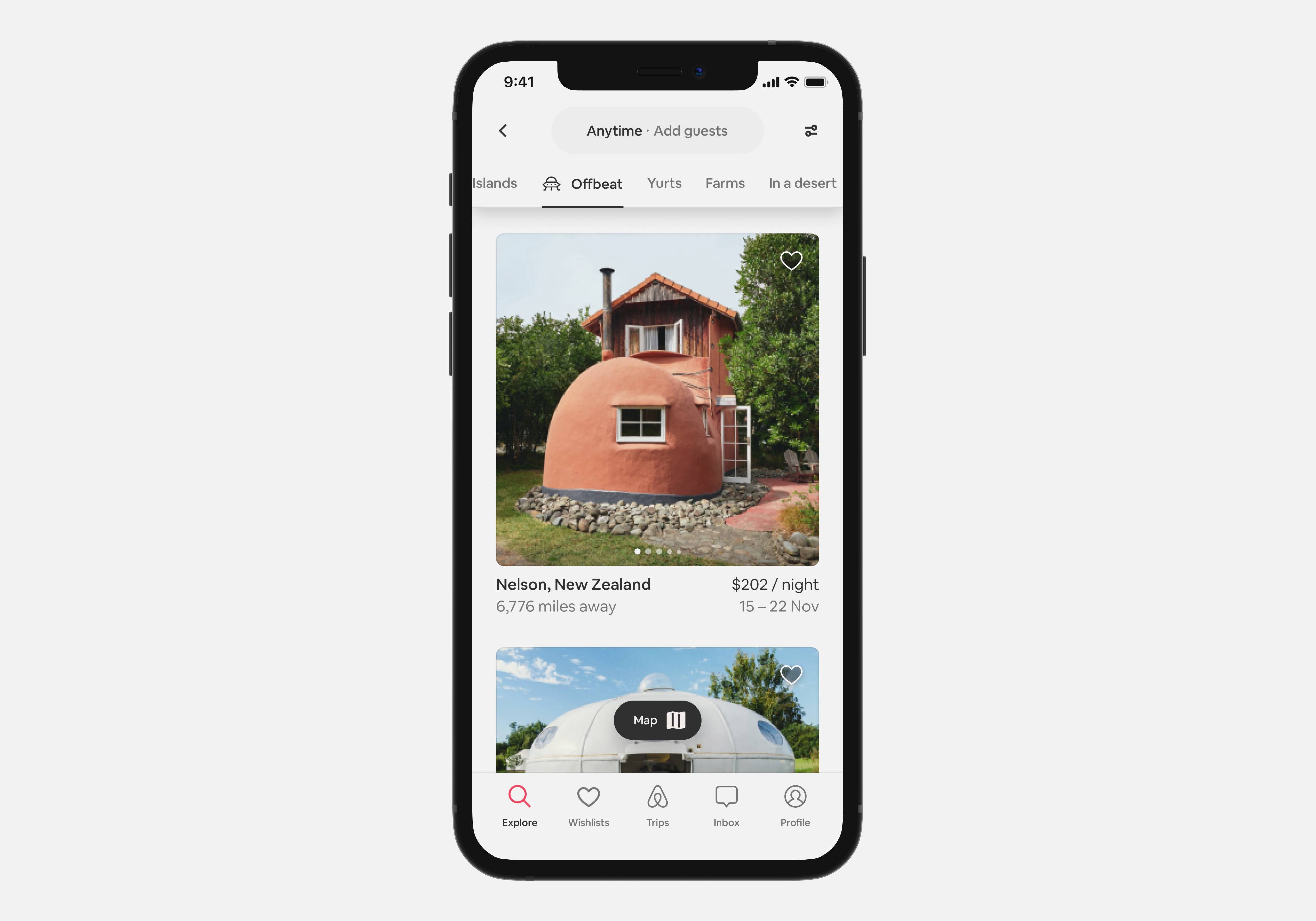
The new 'I'm even more flexible' function opens up a world of choices
W*: What version number would you say Airbnb is on now?
BC: I would say we’re probably on version 1.5 or 1.6. I'm hoping in the next year or two to launch Airbnb 2.0. We’re still using the original paradigm we designed in 2008, but we’ve added a lot of features and upgrades. It's really evolved. But we will earn the Airbnb 2.0 designation when we change the paradigm and create a new system of trust.
W*: Do you think there’s still more change to come in the rental market?
BC: My observation is that at the highest level we’ve had a digital revolution. It started in the 1990s, but the pandemic has accelerated trends – we’ve had to do a mass adoption of technology. The world was already moving from the mall to Amazon, but now it has been speeded up even more. The big recent change is that the office got digitised. Digital is faster, it’s more efficient, it’s cheaper, but it’s also worse in some ways. Physical relationships and real communities get digitised, and I don't want to presume this is purely a good thing. We have so much more freedom and flexibility, but the world could also become a lot more isolating. But ultimately, I believe that technology shouldn't be thought of as good or bad, but whether the design is good or bad. That's the way I think about it.
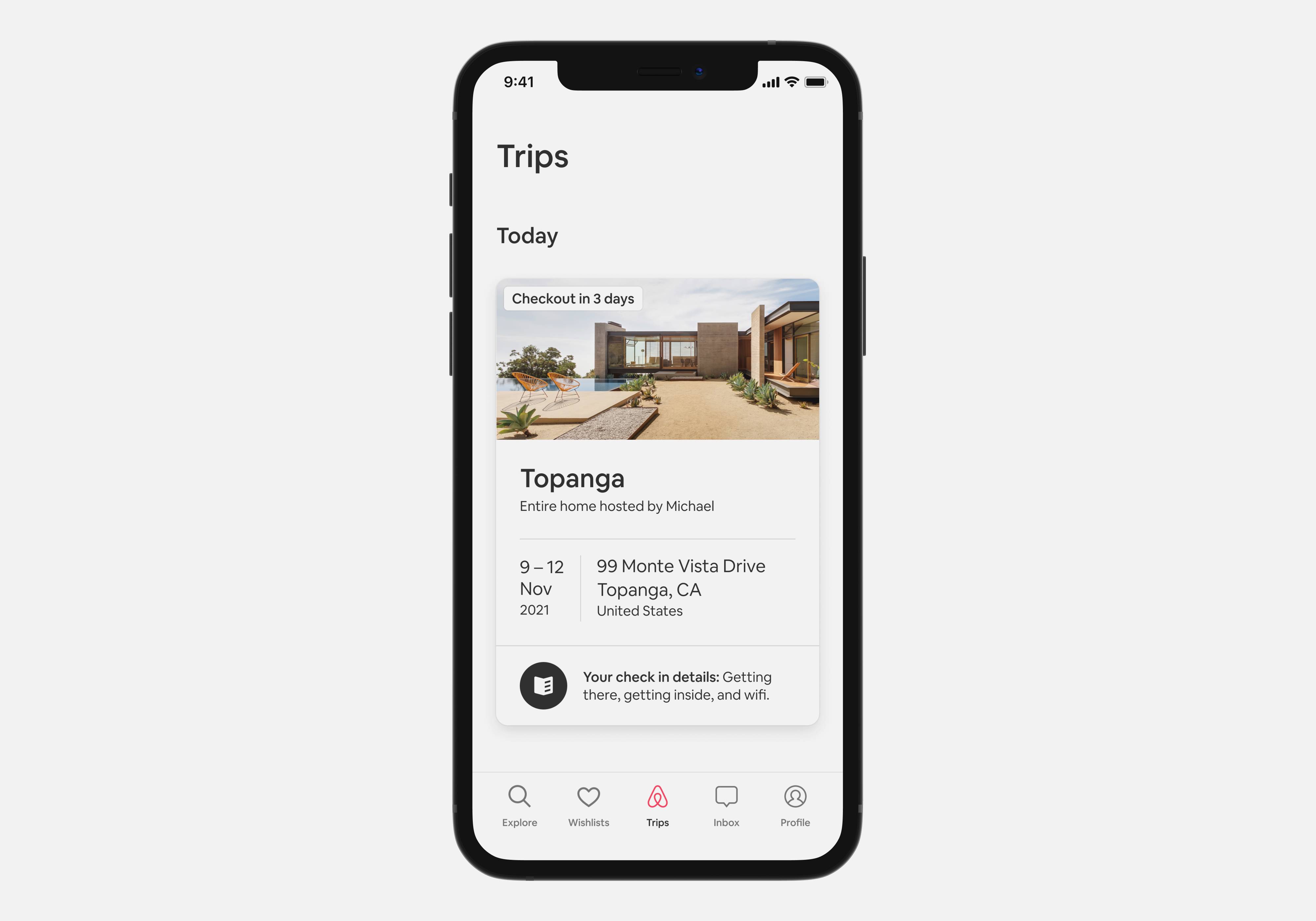
Airbnb's revised app and site promises smarter trips and easier searching
INFORMATION
Jonathan Bell has written for Wallpaper* magazine since 1999, covering everything from architecture and transport design to books, tech and graphic design. He is now the magazine’s Transport and Technology Editor. Jonathan has written and edited 15 books, including Concept Car Design, 21st Century House, and The New Modern House. He is also the host of Wallpaper’s first podcast.
-
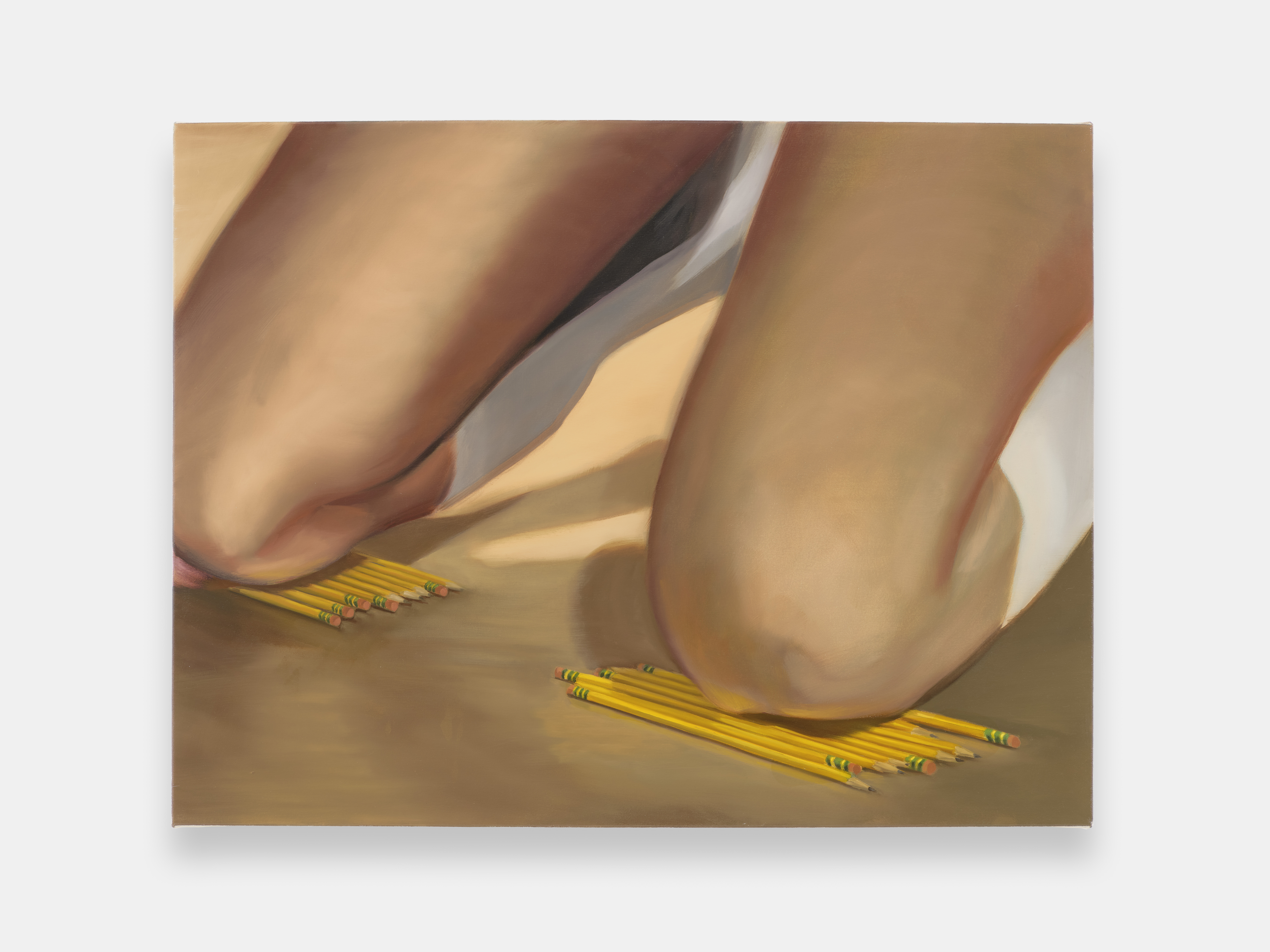 ‘I want to bring anxiety to the surface': Shannon Cartier Lucy on her unsettling works
‘I want to bring anxiety to the surface': Shannon Cartier Lucy on her unsettling worksIn an exhibition at Soft Opening, London, Shannon Cartier Lucy revisits childhood memories
-
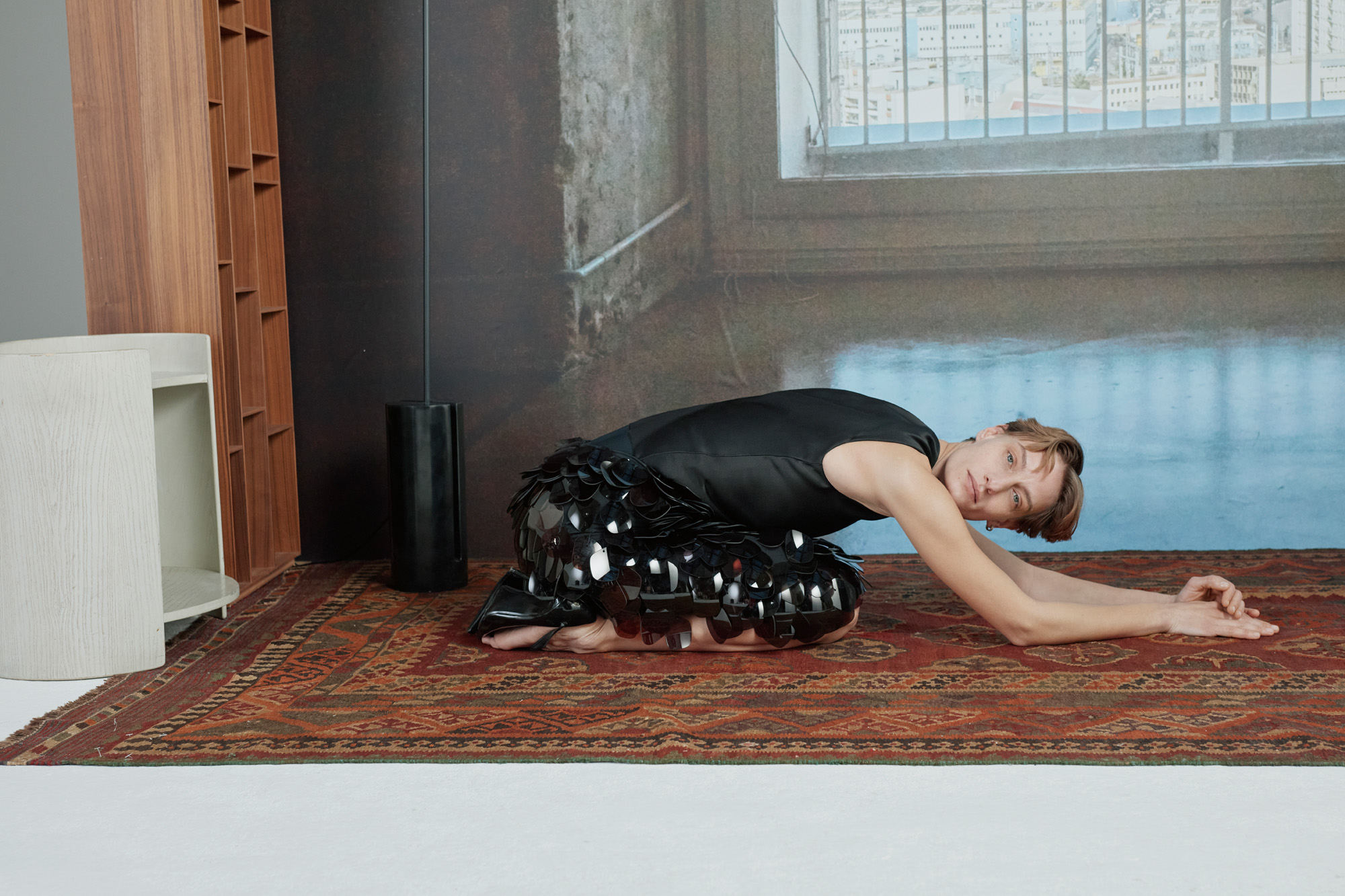 What one writer learnt in 2025 through exploring the ‘intimate, familiar’ wardrobes of ten friends
What one writer learnt in 2025 through exploring the ‘intimate, familiar’ wardrobes of ten friendsInspired by artist Sophie Calle, Colleen Kelsey’s ‘Wearing It Out’ sees the writer ask ten friends to tell the stories behind their most precious garments – from a wedding dress ordered on a whim to a pair of Prada Mary Janes
-
 Year in review: 2025’s top ten cars chosen by transport editor Jonathan Bell
Year in review: 2025’s top ten cars chosen by transport editor Jonathan BellWhat were our chosen conveyances in 2025? These ten cars impressed, either through their look and feel, style, sophistication or all-round practicality
-
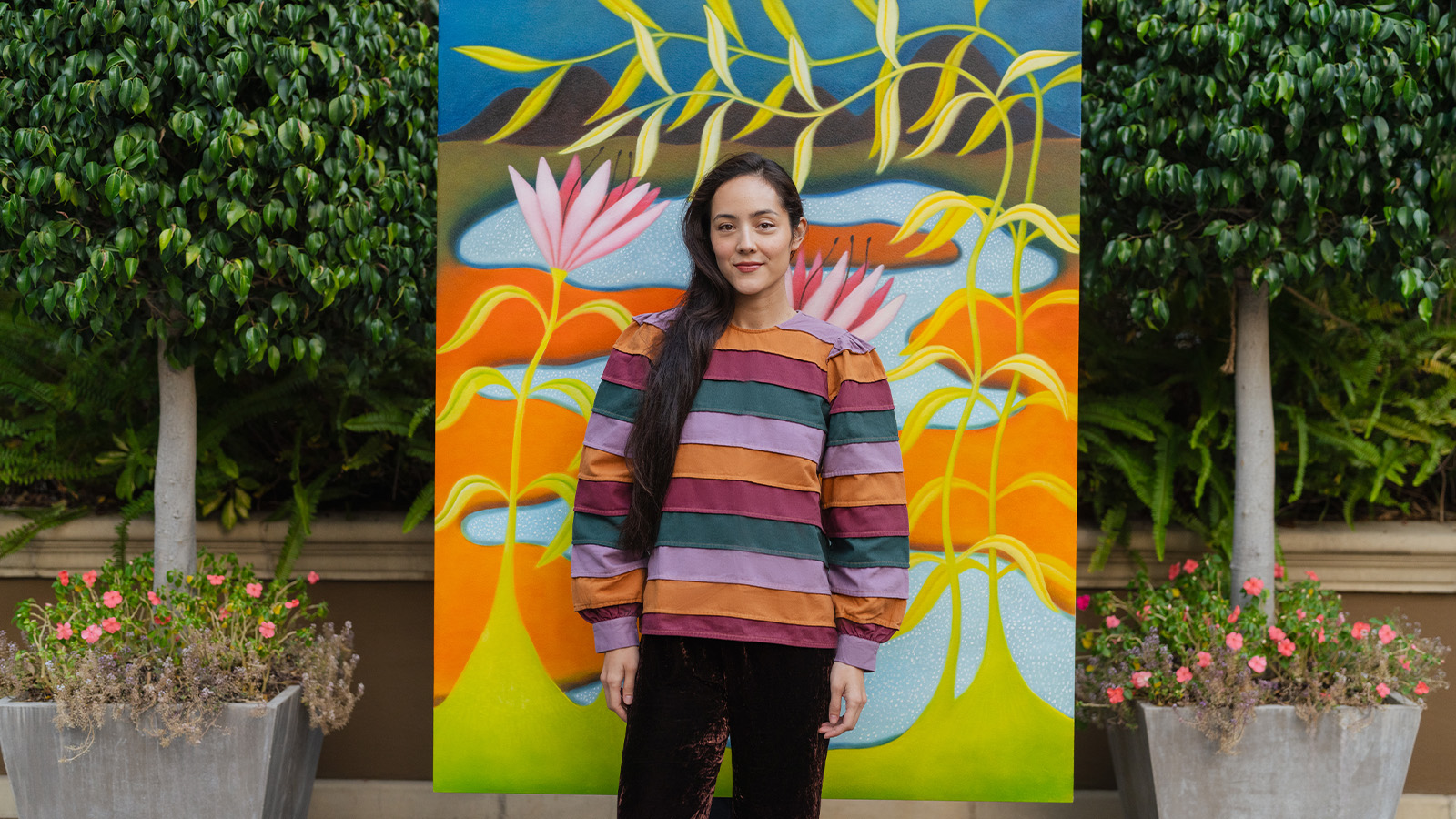 Four Seasons taps Camilla Engstrom to create artful acts of kindness
Four Seasons taps Camilla Engstrom to create artful acts of kindnessCamilla Engstrom talks about interpreting World Kindness Day through commissioned artworks
-
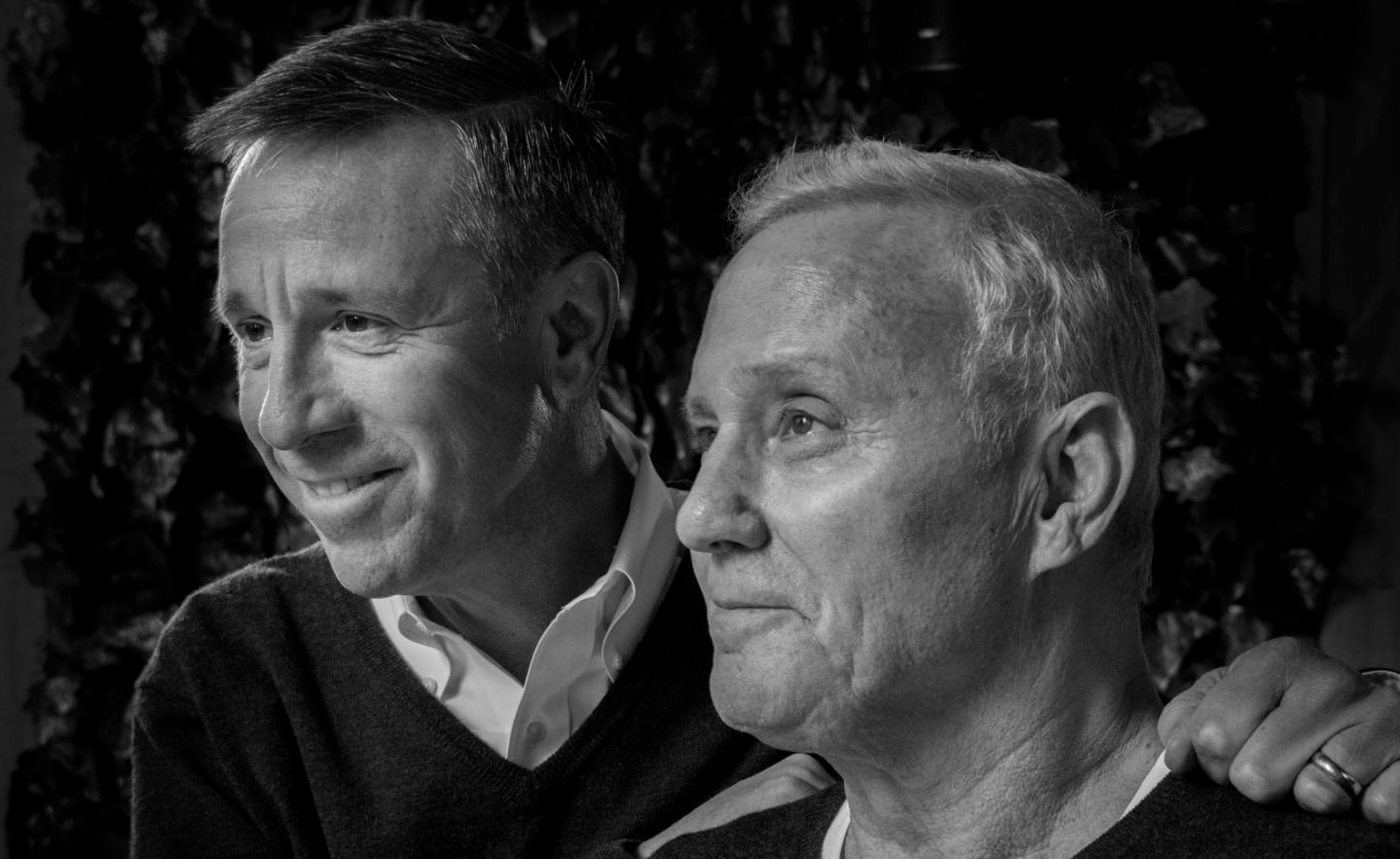 A tribute to Arne Sorenson (1958 – 2021)
A tribute to Arne Sorenson (1958 – 2021)Arne Sorenson, who for the past decade ran Marriott International, the world's biggest hotel company, with brands including Edition, Ritz-Carlton, St Regis and Marriott, has died. His last major magazine interview was in Wallpaper's October 2019 Issue (W*247), with his friend and Edition collaborator Ian Schrager. We republish it here in tribute
-
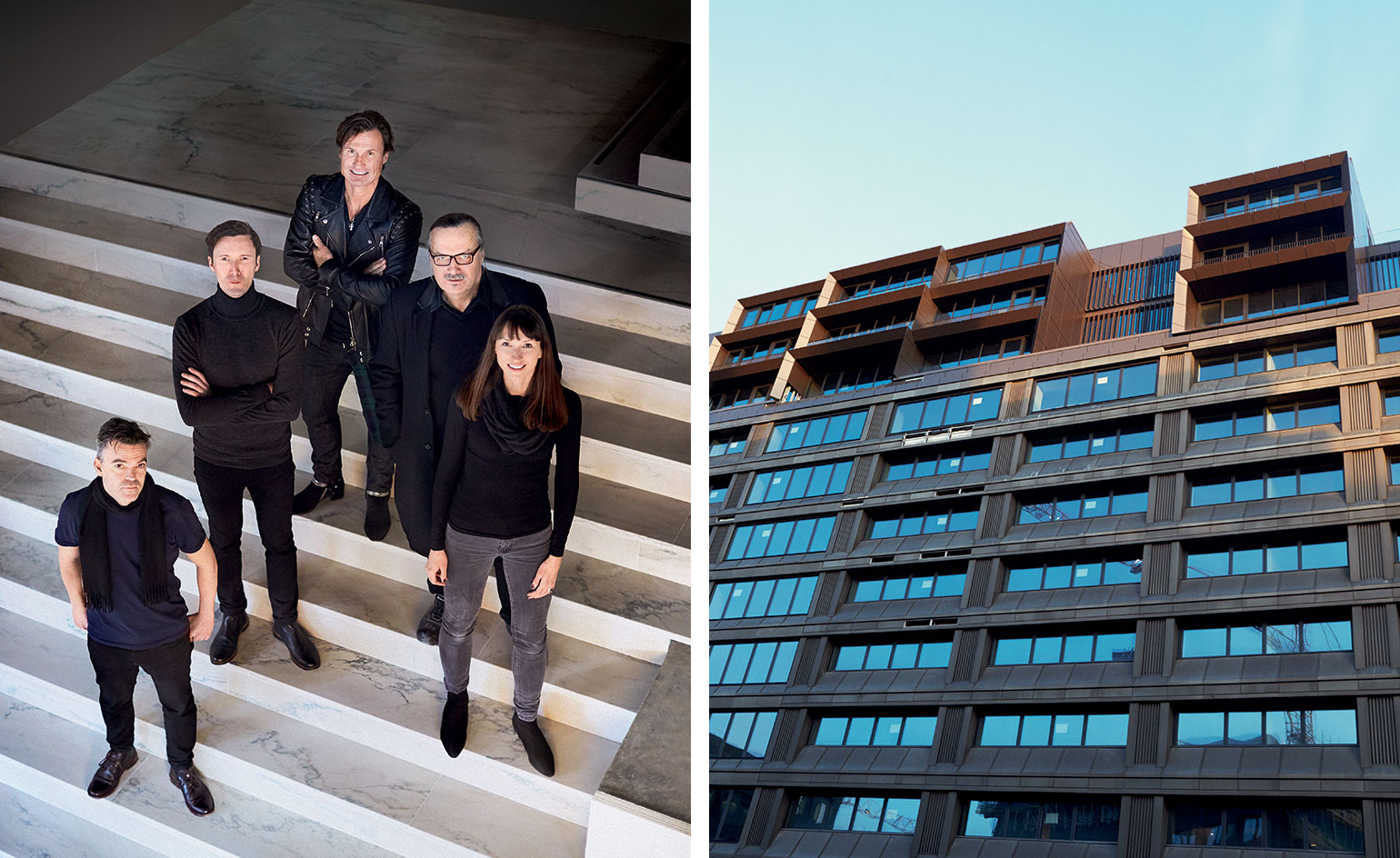 A daredevil hotelier and crack team of creatives are burnishing Brunkebergstorg’s brutal beauty
A daredevil hotelier and crack team of creatives are burnishing Brunkebergstorg’s brutal beauty -
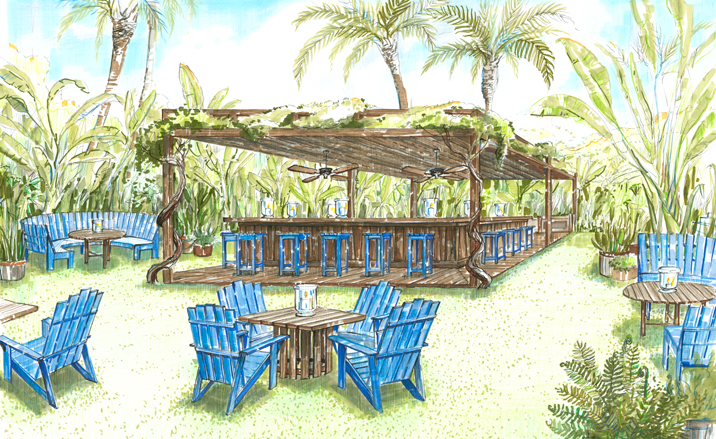 Inside Soho House’s new outposts: Nick Jones Q&A
Inside Soho House’s new outposts: Nick Jones Q&A -
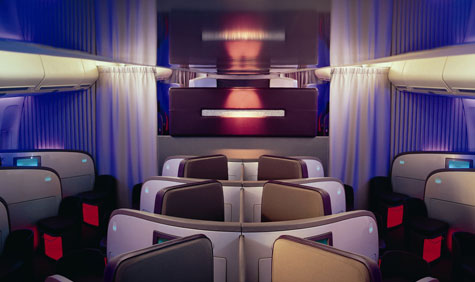 Q&A with Joe Ferry, Head designer, Virgin Atlantic
Q&A with Joe Ferry, Head designer, Virgin Atlantic -
 Jerome Sans, Q&A
Jerome Sans, Q&A -
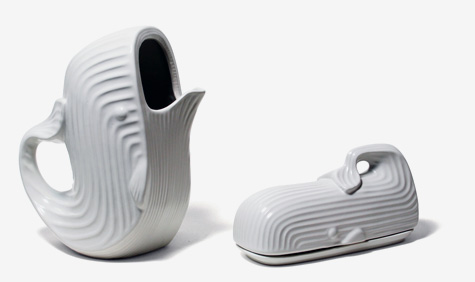 W Hotels: Jonathan Adler Q&A
W Hotels: Jonathan Adler Q&A -
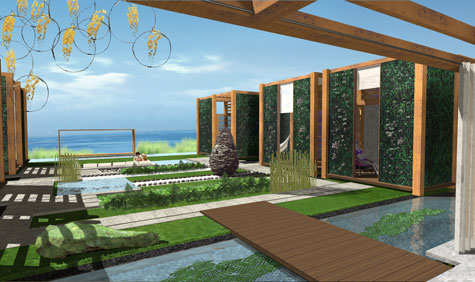 W Hotels: David Rockwell interview
W Hotels: David Rockwell interview